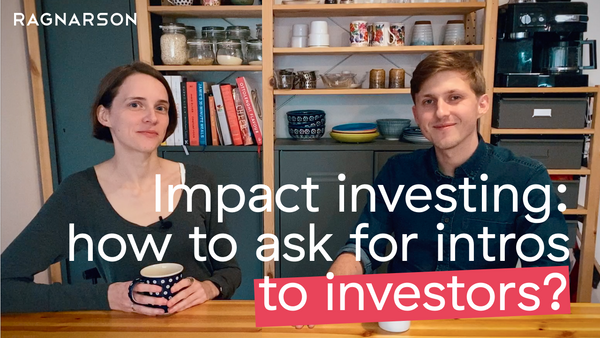The Relationship Between Founders

Investors consider many factors when making an investment decision. One of them is the team - they expect it to be solid, hands-on, and motivated to deliver what the startup promises. That is not always the case.








